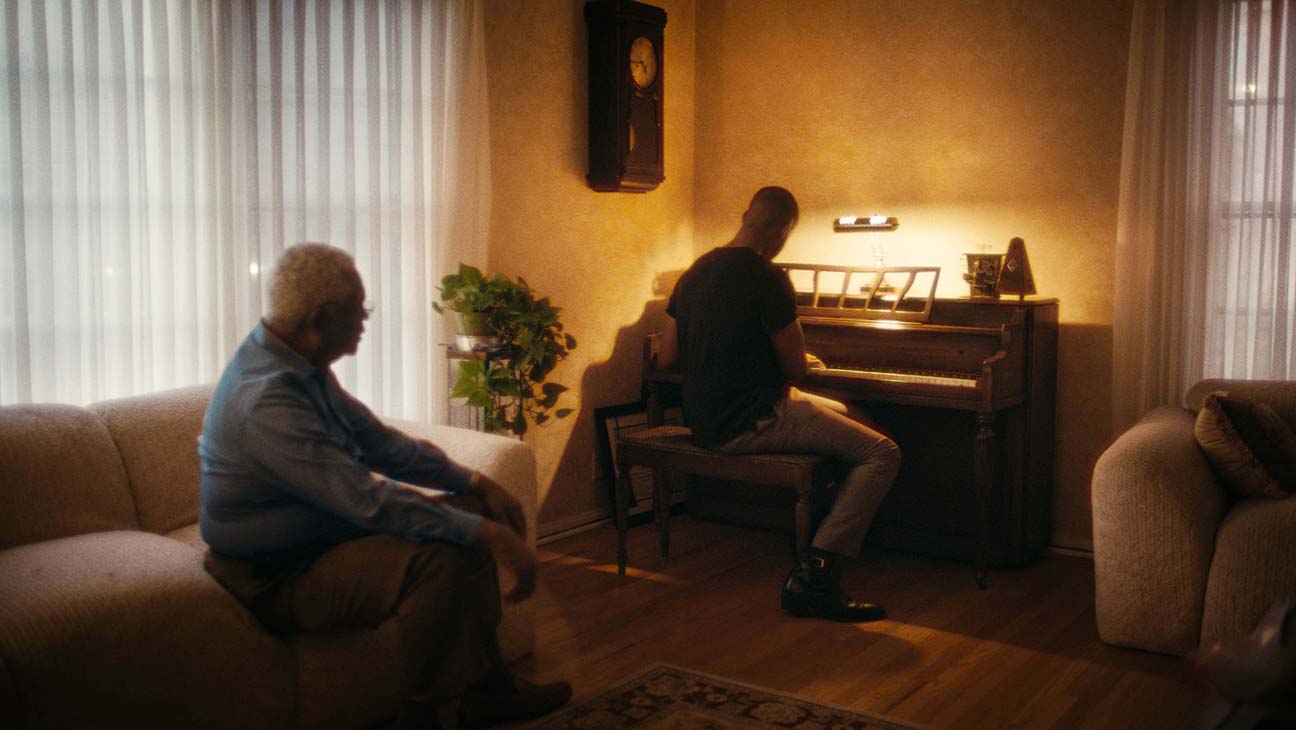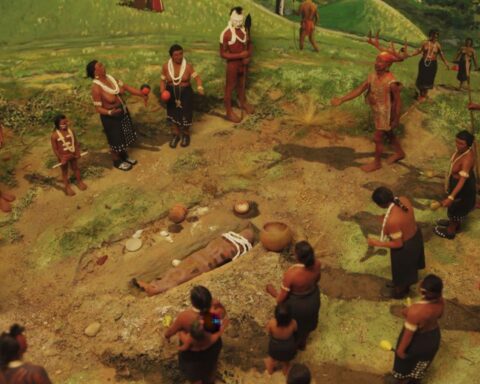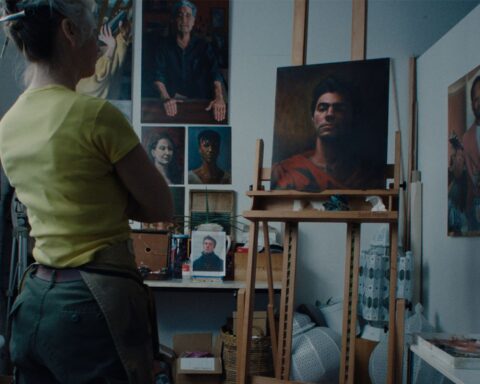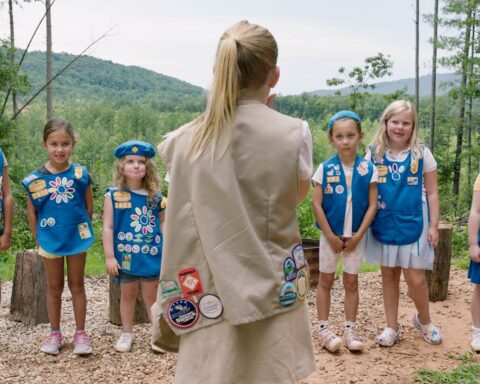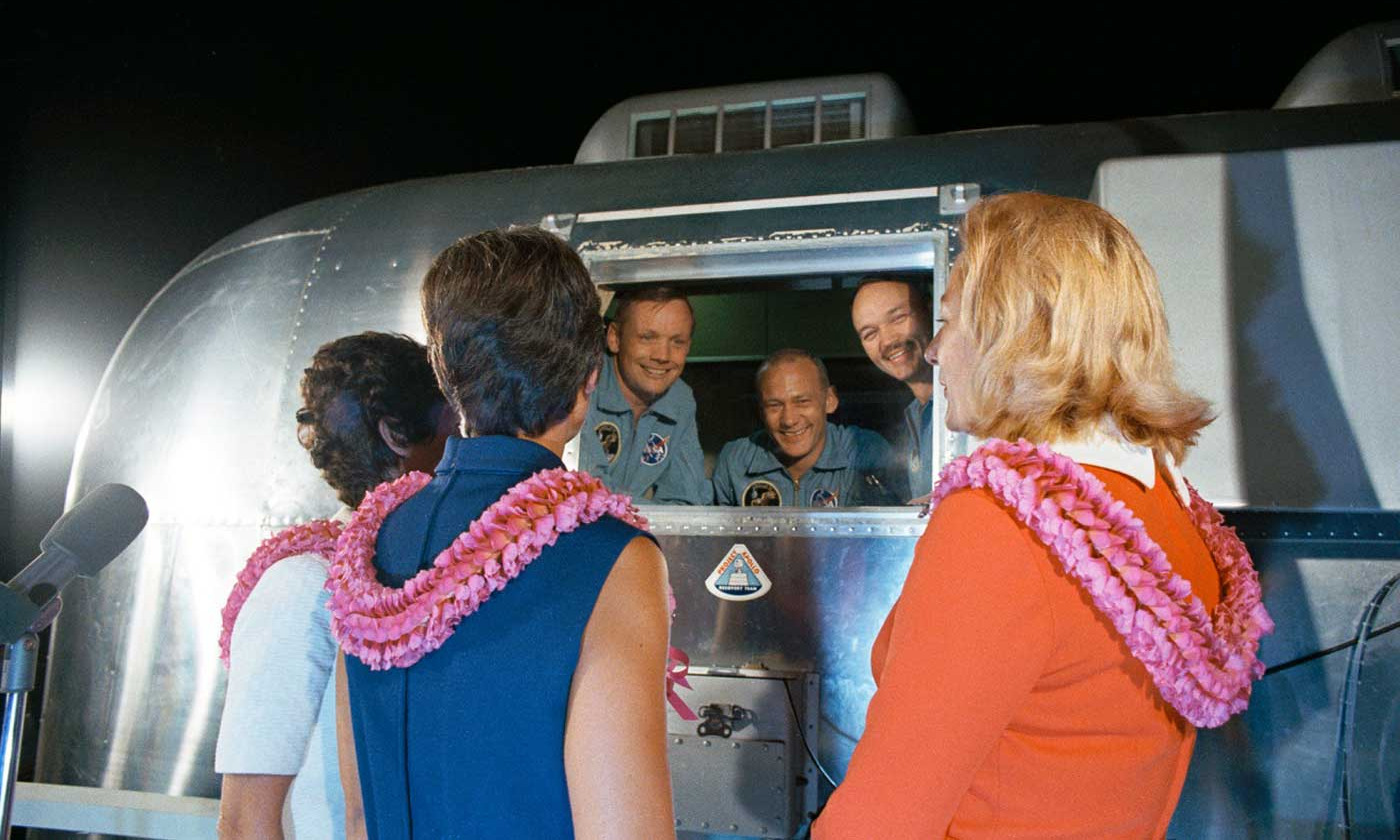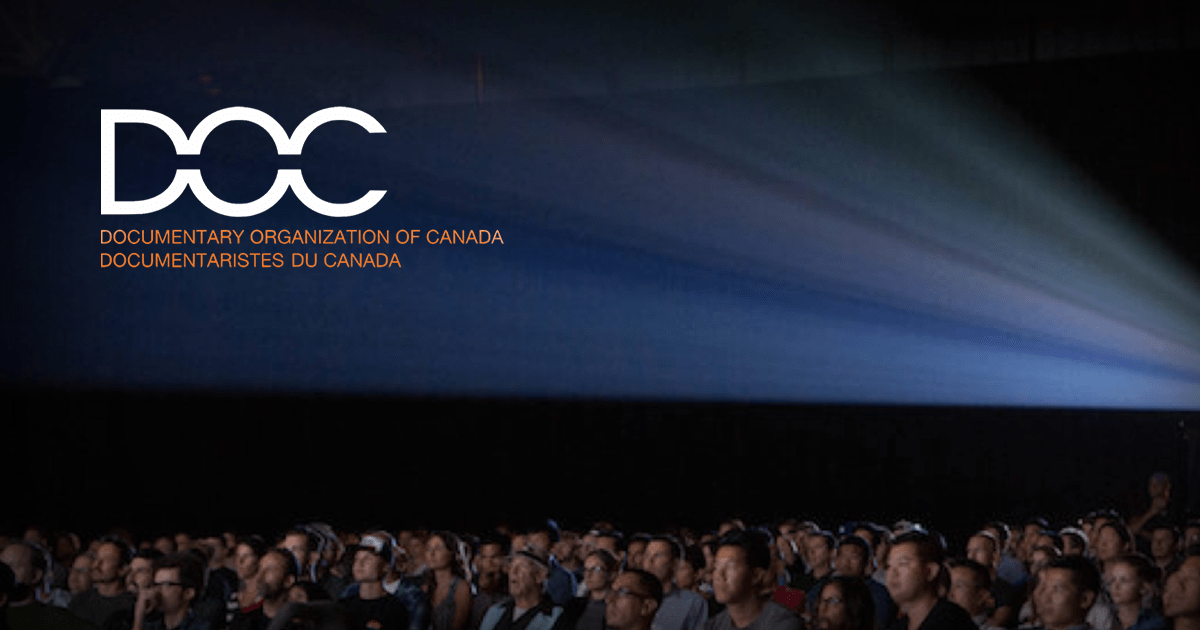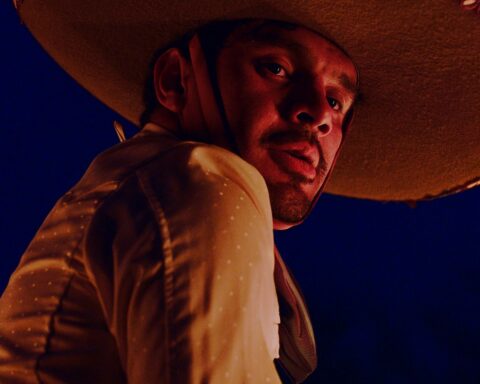Early in the Oscars-shortlisted documentary A Concerto Is a Conversation, piano virtuoso and Emmy-winning composer Kris Bowers admits to his grandfather that he sometimes wrestles with imposter syndrome. 91-year-old Horace Bowers imparts some wisdom to his grandson: “I can tell you one thing. Never think that you’re not supposed to be there. ‘Cause you wouldn’t be there if you wasn’t supposed to be there.”
A moving Sundance shorts selection, executive produced by Ava DuVernay and co-directed by Kris Bowers and Ben Proudfoot, Concerto speaks to themes of finding and belonging, but also how belonging can be self-determined. A trailblazer in the Bowers family lineage, Horace reveals how he hitchhiked out of the Jim Crow South to eventually land in Los Angeles. He went on to own a (still-running) laundromat business at just 20 years old, while facing various barriers of racism. Two generations later, Kris Bowers is a young Black man challenging norms in his own right: he’s an acclaimed composer — Green Book, When They See Us, and Bridgerton are among his credits—in a field where there’s a dearth of people who look like him. The documentary features an affecting score (courtesy of Bowers) and is full of parallels, both visual and narrative between the two. When Horace steams Kris’s suit before the concerto’s world premiere, it’s clearly just one of many ways he’s prepared his grandson to pursue his dreams.
Part of the appeal of this short is in its immersive framing of the grandfather-son dialogue. The film’s winsome technical approach was proposed by Emmy-winning co-director Proudfoot, an LA-transplant who’s originally from Halifax, Nova Scotia. In his other short docs, including those comprising The New York Times’ Almost Famous series, Proudfoot had routinely been using Errol Morris’s “Interrotron” method for interviews, allowing those onscreen to seemingly make direct eye contact with the audience. But in Concerto, Proudfoot intrepidly used the set-up to capture an exchange between two people who are both seen on-screen, each gazing into the lens. What results goes beyond the typical dramatic value of the single Interrotron. Here, as both Bowers men look at each other, the camera captures and, in a way, receives, the warmth, love, and amusement shared between them. It makes for a remarkably intimate viewing experience.
It won’t be known whether A Concert Is a Conversation makes the Oscars cut until March 15th. (The film is one of ten short docs on the Oscar shortlist.) In the meantime, however, Proudfoot chatted with POV about the making of this poignant film and other work produced by his innovative Los Feliz-based company, Breakwater Studios.
POV: Sandi Rankaduwa
BP: Ben Proudfoot
This interview has been edited for brevity and clarity.
POV: You recently tweeted about how you’ve crafted over 100 short films, but this one is the one you’re most proud of. Why is that?
BP: I think the reason why is because I have never been more collaborative in making a short documentary in my career to date. Generally, I pick the story, interview the person, and am deeply involved in the editorial process—it’s very much my film. Not in an unpleasant way, but I have very specific ideas about what it should be. With Concerto, I was trying to open myself up to new ways of doing things. I realized that there was a better version of the initial film I thought it was going to be. Originally, it was just supposed to be a behind-the-scenes film of Kris writing a concerto and the dialectic between concert-writing and film-music writing.
POV: How did Kris’s grandfather, Horace, come into the picture?
BP: On the first day that Kris and I met about the film, he was all dressed up for some dedication for his grandfather. I thought it was a much better story. The trip from Bascom [Florida] to a Walt Disney Concert, over three generations—how does that happen?
POV: Kris is not just a subject in the film, but he’s also a co-director. Can you talk about Kris’s various roles in the making of the film? What did your collaboration involve?
BP: This is the first time I’ve ever co-directed something. It’s unusual, right? We didn’t set out at the beginning to co-direct a movie, and frankly I would have been against it. I think the key things that became clear was 1) we came up with the idea of the conversation between Kris and his grandfather together. Kris is a film composer, so he’s a storyteller, too. Then 2) it made sense that he interview his grandfather. The interview is usually the largest way that, as a director, I contribute to a film, by guiding the conversation, pulling things out, giving people space to be emotional. But here Kris conducted the interview.
I did a lot of the heavy lifting in the editorial process with Lukas Dong, our editor. Then Kris composed the music and was involved throughout the decision-making process. We did the sound mix together. He’s a producer on the film as well.
It’s unusual in that we weren’t sitting next to each other the entire time doing every single part of the process together. I didn’t feel comfortable taking the sole directing credit. And he had really executed, from a documentary standpoint, a critical function in interviewing his grandfather. We really were deeply involved with the project together.
POV: Beyond his official technical roles and titles, can you tell me about anything special that Kris brought to the table?
BP: Kris is really smart about the emotional pacing of a film, coming from a film-composing background. Also, coming from the African-American community, there were certain lines that I had put in there, which made sense to me, that he told me, “I would never say that.” We were really after that conversation between him and his grandfather, which is relatively rare—this sphere of Black masculinity intersection with intimacy and familial affection. It’s a special realm that we really wanted to capture and make authentic and familiar. So he was essential to that considering I’m about as white as you can be.
POV: Have either Horace or Kris given you any feedback regarding the finished product?
BP: The feedback from the Bowers family and from Horace and Kris has just been so wonderful. This 92-year-old man who had made so many sacrifices—I think it means something special to him to be commemorated in that way. Kris told me that it was the first time he saw his grandfather get emotional. I heard that Horace got a lot of notes and letters.
Sundance and prizes and stuff, that’s all wonderful, but I am looking to make good on the promise I made to people that are in the film, that we’re going to make something good and worthy of their time. So to me, that closes the loop. That’s the emotional satisfaction I’m looking for.
The King of Fish and Chips from The New York Times on Vimeo.
POV: Can you tell me a bit about The New York Times’ Almost Famous series that you’ve created?
BP: The Almost Famous series is such a treat to make. It came to be when I made a film called The King of Fish and Chips, which was about Haddon Salt, a British immigrant who started a fish and chips chain in the 1960s. KFC bought it and attempted to turn him into the next Colonel Sanders and change the core recipe of his fish. Basically, the whole thing came collapsing down. I loved his story because it’s really a meditation on the American dream and what you are willing to sacrifice to achieve the beautiful house and the pool.
And so, Almost Famous was born out of that film, in that we wanted to study people that if history had gone slightly differently, might be household names. From that, we also wanted to look at the reasons why people don’t become famous. We came up against misogyny, racism, luck, timing, class—a lot of societal, socioeconomic factors that lead to people not getting the attention that others in a very similar position are afforded.
The series took off as something that was a great flavour combination of history that we’re all interested in, and something that looks tasty and salty and gossipy, but in the end is really about values and who you are as a person. And these are people who really have to be extraordinary to get as far as they did, so they’re just naturally wonderful documentary subjects and usually very good storytellers. We’ve released four so far, but we’ve shot four more and we plan on continuing to make them.
POV: I really admire your dedication to the short as a medium. It obviously its own art form. I think there’s often a minimization where it’s seen more as a calling card or a stepping stone. What’s your response to that idea, when you’ve built a career out of making these standout short docs?
BP: With everything I do every day, I’m railing against that idea that the short form is a lesser medium. Really, it is just as difficult to pull off an extraordinary 10 minutes as it is to pull off an extraordinary 90 minutes. It’s the same idea of capturing people’s attention and leaving them with meaning. In many ways, it’s more difficult to create something satisfying in only a short period of time.
The reason why it has become this lesser medium is because there’s no market for it. Hollywood runs on where you can make money. So because there’s no tried and true way of making money with short documentaries or short narrative films, people pooh-pooh it. And there’s no reason why it shouldn’t make money, it’s just the status quo.
We don’t go to an art museum and categorize paintings by their size. You don’t hand somebody a great book and then they say, “How many pages is it?” When somebody sends you a song, you’re not judging its quality based on whether it’s two minutes or eight minutes. In almost every other medium, we do not define value by length.
POV: Considering the barriers and obstacles you face in the industry when specializing in short docs, what keeps you working in the medium?
BP: Well, I love it. We’re good at it. We get great feedback from audiences. I get all kinds of emails and comments on YouTube and Vimeo, and at The Times. We continue to get appreciated by festivals in the film industry. We will have different films at all the major festivals this year. I relish being in the position of being underestimated. I’d much rather be carving out my own niche.
POV: Is there anything else you feel is noteworthy about the value of short films?
BP: Being the sort of poster-child of what we want to move away from — white straight man from USC —and knowing that we desperately need to diversify the film industry if we’re going to create content that represents our culture and its diversity, one way I think we can do that is to lower the barrier of entry. I think short documentaries can do that. If people were able to make money and have a career making short documentaries, I think we’d see a whole new generation of filmmakers who have the opportunity to tell their stories.




